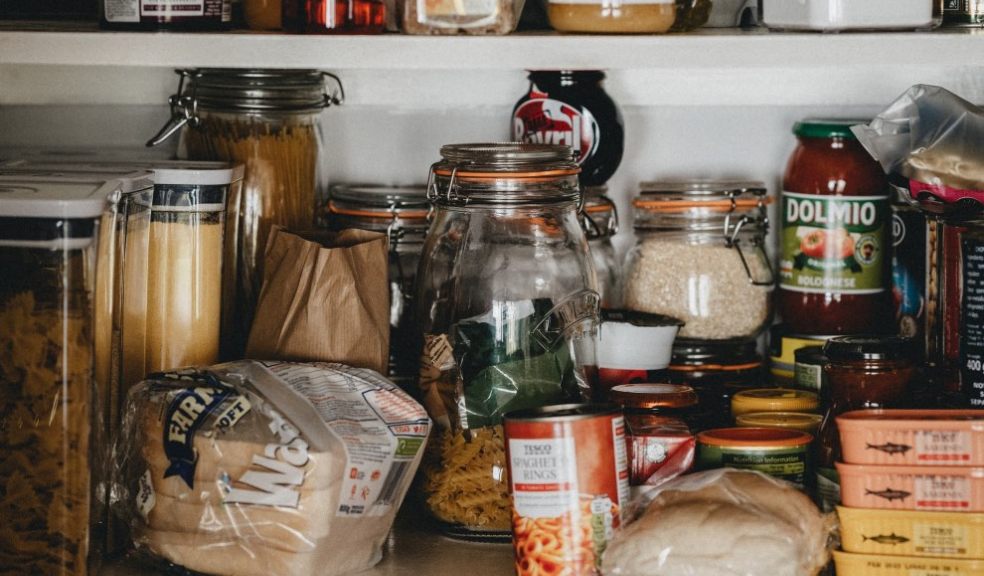
Food prepping: 4 tips to see you through the storm
People usually make a couple of mistakes when they first start prepping. Sometimes, they get caught up in the idea of emergency prepping, and then rushing into it without taking some time in planning for what they're preparing for. Other times, it's simply due to the lack of adequate information only to regret later.
To avoid that situation, here are several basic food preppers tips that should guide you in food prepping for unforeseen circumstances.
- Calculate how much food you need.
First, know the types of foods you wish to have in your food pantry. Then, determine how much you need to stock up. Unless it's an emergency, you could take a guess or monitor your food for about a month. Write down each food item bought and used to help you get an estimate. This might be a tedious and time-consuming process, but it provides you with useful information you'll need for food prepping per month.
Finding a great deal or bargain on an item such as canned spinach may appear like a great way of filling up the pantry shelves. But then, of what use will it be if your family doesn’t like eating canned spinach? It will end being a waste of money, space, and time. No doubt, it's a great feeling to come across a great bargain, but unless it fits in your family's lifestyle, let it pass.
- Replace food items as you use.
As you use an item, ensure you replace it on your next shopping list. That ensures your food pantry stays fresh all the time. In the event of a storm, always eat your perishables first. This means first exhausting the items in the refrigerator and pantry. You can then move food in your freezer, before using the non-perishables.
Your freezers and refrigerators will serve you longer when you keep their doors closed. Even during a blackout, your refrigerator can keep food items cold for about four hours, while a full freezer will maintain its temperature for nearly 48 hours.
- Store plenty of water.
Technically, water is more important than food, and you’re likely to go through it faster than most people assume. Therefore, stock up plenty of water, and that doesn’t mean just buying bottled water. Consider harvesting your own water and safely storing it in suitable containers in your basement and garage.
You may require additional water if you live in hot climates, or your house has a nursing mother, kids, or people with medical conditions.
- Don't forget your pets.
When a storm is looming, people tend to converge on their local supermarket, quickly emptying the shelves of non-perishable food items, water, and other necessities in anticipation of what Mother Nature may unleash. Don’t be caught off guard. Always be prepared for such an emergency by stocking up your food storage.
If you have pets, include them in your basic food preppers plan. Ensure you store pet food, water, and other essential supplies.




















